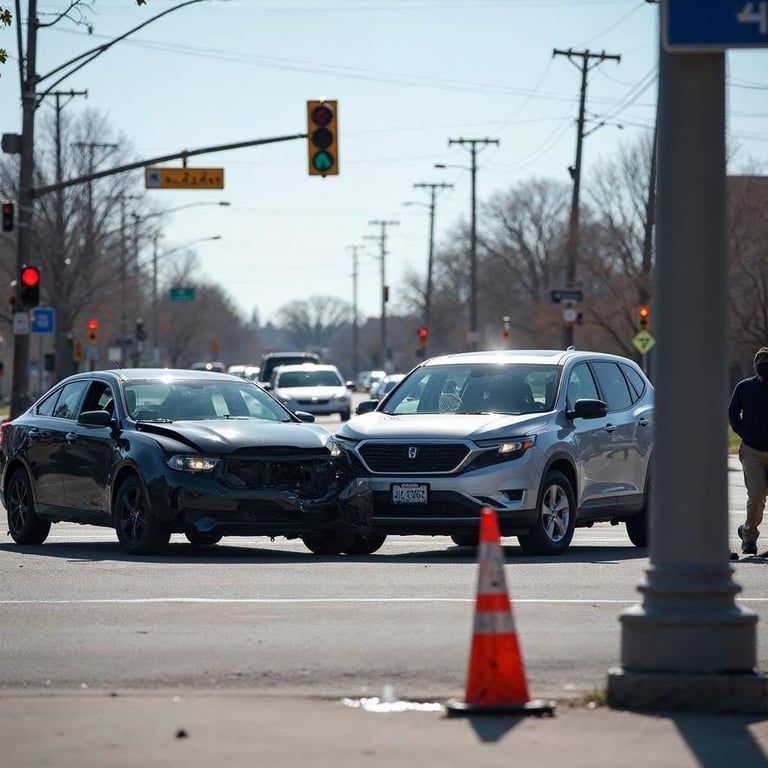
Unfortunately, based on your response, you may not qualify to file a claim. Most personal injury cases must be filed within two years of the accident, in accordance with the statute of limitations. Please consult with a licensed attorney to explore any possible exceptions or additional options.
Rear-end collisions are some of the most common types of vehicle accidents on the roads of Des Moines. These crashes occur when one vehicle crashes into the back of another, often resulting in property damage, injuries, and complex insurance claims. Understanding the causes and consequences of rear-end collisions can help drivers better prepare and protect their rights.
Rear-end collisions in Des Moines typically arise from several common factors including distracted driving, tailgating, sudden stops, and adverse weather conditions. Drivers who are distracted by mobile devices or other activities may not react in time to stop safely. Tailgating reduces the available reaction time and stopping distance, increasing the likelihood of a crash. Additionally, road design factors in Des Moines such as intersections and traffic flow can also contribute to rear-end crashes.
Weather conditions such as rain, snow, and ice can make roads slippery and reduce visibility, leading to increased rear-end collisions. Drivers should always adjust their speed and following distance accordingly during inclement weather. For more information on how weather can impact vehicle accidents, this guide on weather impacts provides useful insights applicable beyond Spokane.
Even low-speed rear-end collisions can result in significant injuries such as whiplash, back pain, and head trauma. The sudden jolt to the neck and spine could cause lasting health issues. Property damage to vehicles is also a major concern, sometimes requiring costly repairs or total replacements. Understanding these impacts is important when dealing with insurance companies and determining the value of your claim.
After a rear-end collision in Des Moines, it is crucial to know the proper steps for filing an insurance claim. Documenting the accident scene, collecting witness information, and obtaining a police report can strengthen your claim. For detailed steps on documentation, see our page on what to document after a car wreck. Insurance adjusters will evaluate fault and damages to determine compensation. Knowing the common fault rules applied in rear-end crashes can help prepare you for discussions with insurers.
In most cases, the driver who rear-ends another vehicle is considered at fault for not maintaining a safe distance. However, exceptions exist if the lead driver made an unexpected or illegal maneuver. Clear understanding of liability factors can influence the outcome of your claim. According to the Insurance Institute for Highway Safety (IIHS), rear-end collisions represent a significant portion of crashes resulting in injury, underscoring the importance of careful claim handling.
Rear-end collisions in Des Moines present unique challenges and risks for drivers. Familiarity with the causes, consequences, and claims process equips you to handle these incidents effectively. Always drive attentively, adjust for weather conditions, and maintain safe distances to reduce the risk of rear-end accidents.
Unfortunately, based on your response, you may not qualify to file a claim. Most personal injury cases must be filed within two years of the accident, in accordance with the statute of limitations. Please consult with a licensed attorney to explore any possible exceptions or additional options.